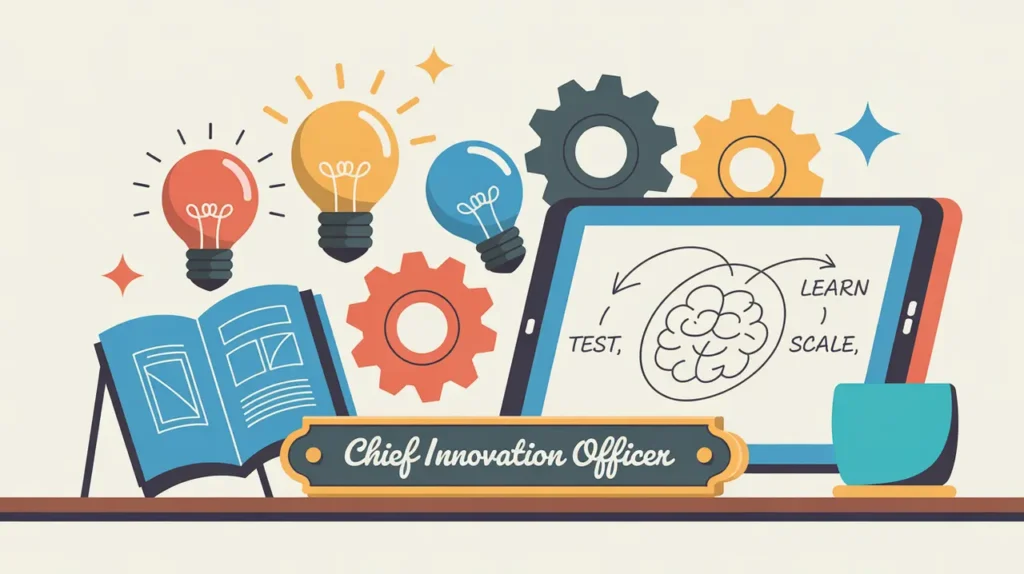What Does the Testing Assistant Role Involve?
A Testing Assistant is responsible for supporting the design, execution, and documentation of testing activities for programs, products, or systems. This includes assisting with the preparation of test plans, conducting test cases, collecting and recording results, and reporting issues to relevant teams. Their work ensures that new initiatives, technologies, or processes meet quality standards and function as intended before broader implementation.
In nonprofits and social enterprises, Testing Assistants play a key role in maintaining the reliability of digital systems, program tools, and operational workflows, particularly when organizations adopt new platforms or pilot new initiatives.
At What Level does this Role Operate?
Entry Level: Testing Assistants typically report to a Testing Lead, QA Specialist, Systems Officer, or Program Manager, depending on the context. They work under structured guidance, focusing on executing test cases, documenting results, and flagging errors or inconsistencies. This role often serves as a starting point for careers in quality assurance, systems implementation, or digital operations.
Relative Employability: Testing Assistant roles are increasingly relevant in organizations undergoing digital transformation or implementing new tools. They provide accessible entry points into quality assurance, systems management, and program testing functions.
Relative Pay Scale: Testing Assistants generally occupy the lower pay bands, similar to other assistant-level roles, reflecting their supportive function in testing and quality assurance processes.
What are the Key Responsibilities and Activities?
- Support the preparation of testing protocols, plans, and documentation
- Execute test cases for systems, products, or programs under supervision
- Record results accurately and track identified issues or bugs
- Communicate findings to testing leads, developers, or program teams for resolution
- Assist with regression, functional, user acceptance, or performance testing depending on the project
- Maintain organized records of test cases, results, and version histories
- Support iterative testing cycles by re-running tests after fixes or updates
- Provide feedback on user experience or system functionality during testing
What Core Competencies and Qualifications are Needed?
Required Qualifications and Experience
The following reflect common qualifications and experience expected for this role, while recognizing that pathways may vary by context, organization, and region.
- Relevant academic background or vocational training in IT, information systems, software testing, or related fields
- Experience in administrative, technical, or QA support roles is advantageous but not required
- Familiarity with testing concepts, software tools, or digital platforms
- Strong attention to detail and organizational skills
- Ability to follow structured protocols and document processes clearly
Key Competencies
- Accuracy and thoroughness in executing test cases
- Strong documentation and reporting skills
- Analytical thinking and ability to spot inconsistencies or errors
- Clear communication skills with technical and non-technical teams
- Reliability in supporting iterative testing processes
- Willingness to learn testing methodologies and tools
How are AI and Automation Shaping this Role?
An AI-native Testing Assistant can use AI tools to automatically generate test cases, identify potential error points, and flag anomalies during testing. AI can assist in regression testing, accelerate documentation through automated result logging, and provide predictive insights into where failures are most likely to occur. These capabilities allow assistants to focus more on analysis, interpretation, and improving testing workflows.
What Career Pathways and Transferable Skills are Associated with this Role?
Testing Assistants can progress to roles such as Testing Lead, QA Specialist, Systems Officer, or Digital Operations Analyst. Their skills in quality assurance, documentation, and analytical problem solving are transferable to roles in systems management, technology implementation, and program operations. Over time, they may specialize in testing methodologies, automation frameworks, or platform QA for larger digital ecosystems.







